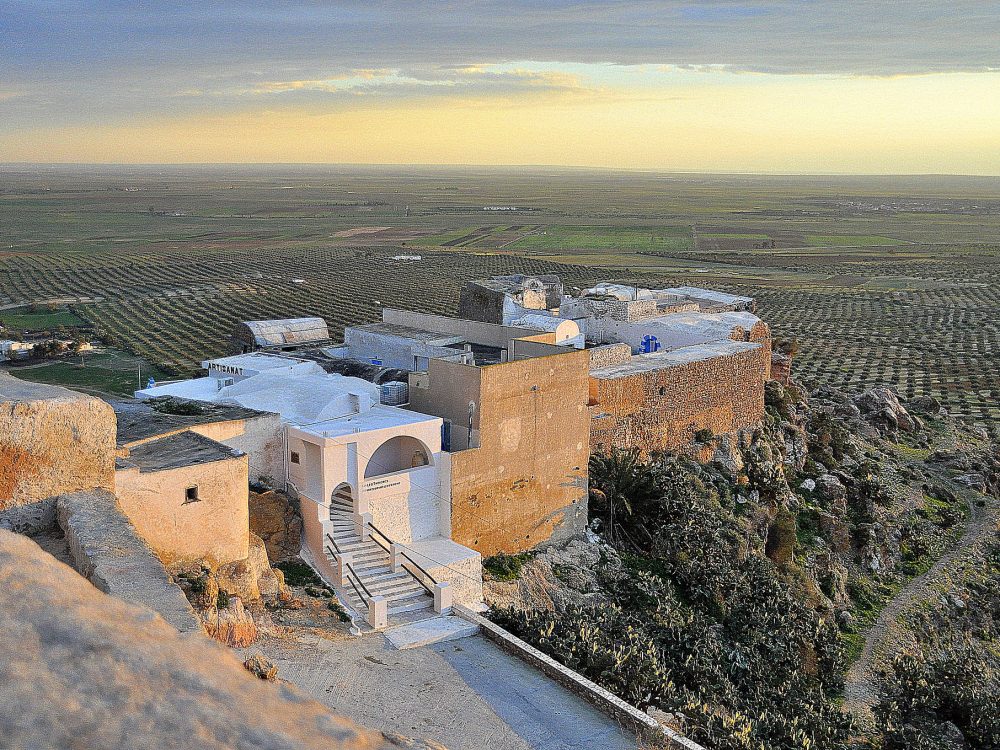Bolivia to Implement the Aid Management Platform
The government of Bolivia will implement the Development Gateway Foundation’s Aid Management Platform (AMP) as part of a national strategy to better manage international assistance.
AMP is a Web-based software solution for developing country governments and donors. The platform, based on open source software, provides a virtual workspace for government employees managing aid resources.
The Development Gateway Foundation, in conjunction with the World Bank and the Organization for Economic Cooperation and Development, has already conducted a technical assessment of the Bolivian government’s systems and processes for managing official development assistance. During the assessment, the foundation staff worked with government officials to identify key needs and gaps in the aid management system and to outline the next steps in AMP implementation. The software is designed to improve and streamline processes for planning, monitoring, coordinating, tracking and reporting on international aid flows and activities.
“Bolivia selected AMP to improve the government’s capacity to review, track and monitor all aid flows and programs,” said Marco Scuriatti of the World Bank. “This software solution will create much-needed transparency for government officials, and will enable them to better analyze and report on their situation. These steps are critical to improve donor harmonization, coordination and results from development aid.”
Official development assistance in Bolivia accounts for more than nine percent of GDP.
The Development Gateway Foundation is now developing the prototype Aid Management Platform based on the country-specific needs identified, with an initial release scheduled for early 2007. Once implemented, the platform will provide the Bolivian government with the capacity to review proposed development projects for alignment with national development plans, create a portfolio management system to track financial and operational progress, integrate ministry and donor activities, and evaluate impact.
Share This Post
Related from our library

How Useful Is AI for Development? Three Key Lessons
The development world is buzzing with excitement over the idea that new and emerging applications of AI can supercharge economic growth, accelerate climate change mitigation, reduce inequalities, and more. But what does this look like in real life?

The Future of Technology Governance and Global Development: Why DG Brought DataReady In-house
DG is excited to announce we now have more robust data governance advisory services with the recent integration of DataReady.

At a Glance | Tracking Climate Finance in Africa: Political and Technical Insights on Building Sustainable Digital Public Goods
In order to combat the effects of climate change, financing is needed to fund effective climate fighting strategies. Our white paper, “Tracking Climate Finance in Africa: Political and Technical Insights on Building Sustainable Digital Public Goods,” explores the importance of climate finance tracking, common barriers to establishing climate finance tracking systems, and five insights on developing climate finance tracking systems.